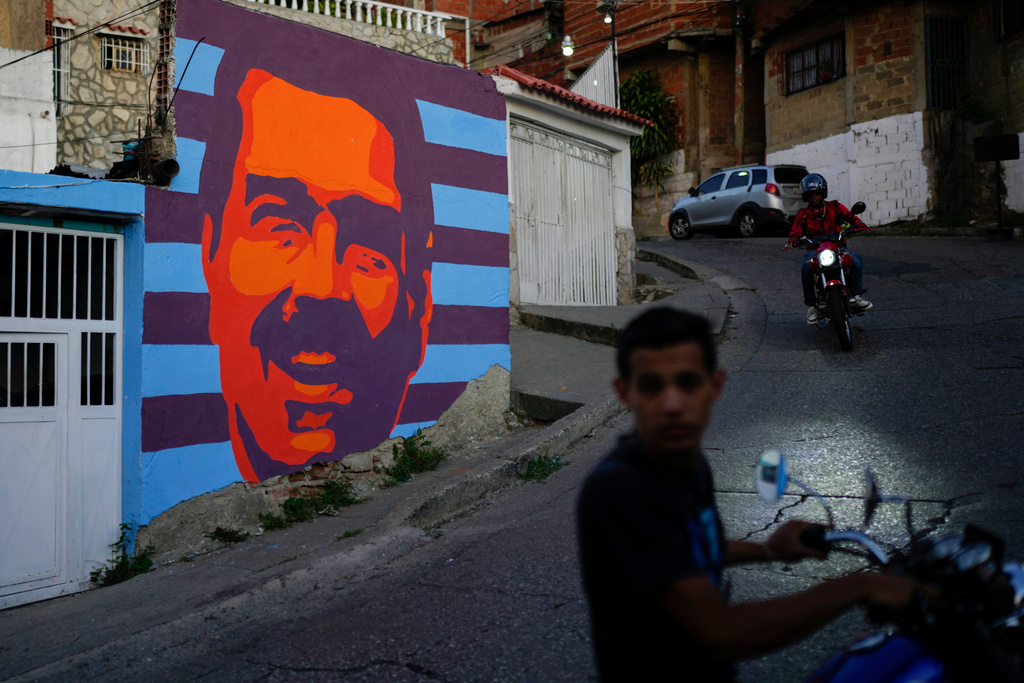West Africa is in the middle of the biggest outbreak of Ebola ever — and the World Health Organization says the virus could spread to other countries if "drastic action" doesn't happen. (Via Centers for Disease Control and Prevention / Frederick A. Murphy)
So far, the virus has infected more than 600 people across Guinea, Liberia and Sierra Leone, at least 390 of whom have already died. (Via NBC)
That makes it the deadliest outbreak since Ebola was discovered in 1976, when it killed 280 people in what is now the Democratic Republic of Congo. And it's hard to say how soon the outbreak will actually be contained. (Via Flickr / NIAID)
"The numbers are still going up. The rate at which they're going up has slowed down a little bit, but it's important to point out that it'll be some time — about a month and a half — before you can even say the outbreak is over." (Via CNN)
Ebola is one of the scariest viruses out there — there's no known cure or vaccine, and you can be infected for up to 21 days without showing any symptoms.
This outbreak is also the first time Ebola has hit an urban area, with multiple infections reported in Conakry, the capital of Guinea, which has a population of more than 2 million. (Via Wikimedia Commons / Ppntori)
"I think the fact that this is the first time this has happened in West Africa works against us because people don't understand very well how this epidemic can keep going on for a long time if everyone doesn't pull their weight." (Via Al Jazeera)
Which is why outlets like NPR are asking whether the virus can spread to Europe or the U.S. — while also noting Ebola is less contagious than other diseases like SARS that have seen outbreaks in the past. An expert interviewed for the story said, "The chance of Ebola spreading out of West Africa is very, very low."
And that's why the WHO is meeting with 11 countries in Ghana in early July "to discuss the best way of tackling the crisis collectively as well as develop a comprehensive inter-country operational response plan." (Via Flickr / United States Mission Geneva)
The outbreak will be considered contained after 42 days with no new Ebola cases. That's twice the incubation period.










